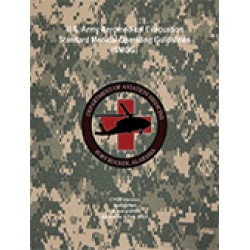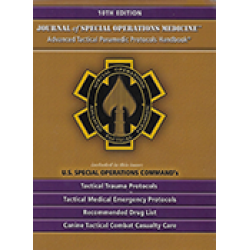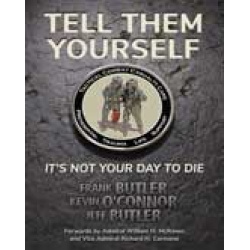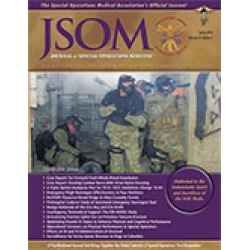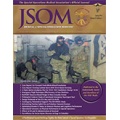Operational Stressors on Physical Performance in Special Operators and Countermeasures to Improve Performance: A Review of the Literature
O'Hara R, Henry A, Serres J, Russell D, Locke R 14(1). 67 - 78 (Journal Article)
Objective: Military training in elite warfighters (e.g., U.S. Army Rangers, Navy SEALs, and U.S. Air Force Battlefield Airmen) is challenging and requires mental and physical capabilities that are akin to that of professional athletes. However, unlike professional athletes, the competitive arena is the battlefield, with winning and losing replaced by either life or death. The rigors of both physical training and prolonged deployments without adequate rest and food intake can compromise physical performance. Therefore, the primary purpose of this effort was to identify occupational stressors on the physical performance of Special Operators during training and while on missions. The secondary purpose was to suggest specific countermeasures to reduce or prevent significant decrements in physical performance and reduce musculoskeletal injuries. Methods: A search of the literature for 2000-2012 was performed using the Air Force Institute of Technology search engines (i.e., PubMed and ProQuest). There were 29 articles located and selected that specifically addressed the primary and secondary purposes of this literature review. The remaining 32 of 61 referenced articles were reviewed after initial review of the primary literature. Conclusions: This review indicates that operational stress (e.g., negative energy balance, high-energy expenditure, sleep deprivation, environmental extremes, heavy load carriage, etc.) associated with rigorous training and sustained operations negatively affects hormonal levels, lean muscle mass, and physical performance of Special Operators. The number of musculoskeletal injuries also increases as a result of these stressors. Commanders may use simple field tests to assess physical decrements before and during deployment to effectively plan for missions. Specific countermeasures for these known decrements are lacking in the scientific literature. Therefore, future researchers should focus on studying specific physical training programs, equipment, and other methods to minimize the effects of operational stress and reduce recovery time. These countermeasures could prevent mission mishaps and may save the lives of Special Operators during severe operational stress.


 Español
Español 